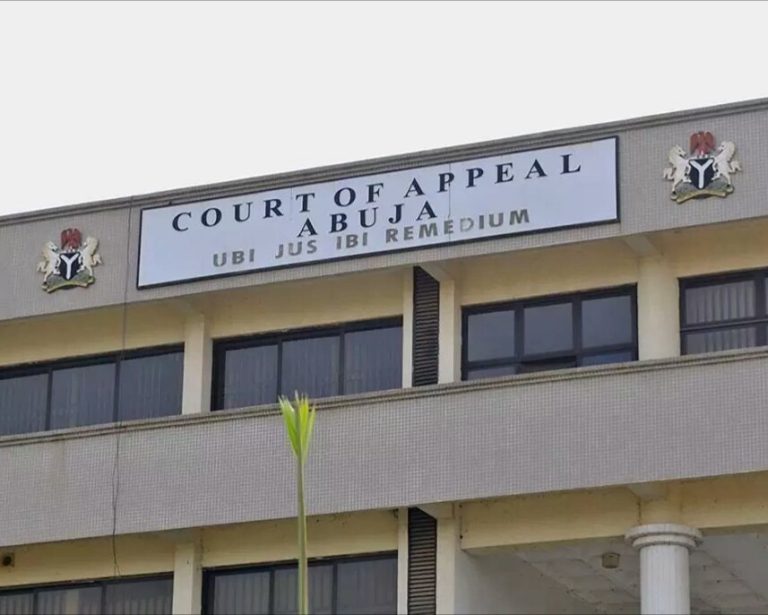The Court of Appeal sitting in Abuja has referred Gov. Seyi Makinde of Oyo State and the embattled former local government chairmen and councilors in the state to the Alternative Dispute Resolution (ADR) centre of the court for the settlement of the outstanding N3.4 billion debt.
Justice Elfreda Williams-Daudu gave the order after counsel for the state government, Ayodele Akintunde, SAN, and that of the ex-LG officials, Musibau Adetunbi, SAN, took their house-cleaning motions.
The development occurred during the hearing of the notice of motion for stay of execution filed by Makinde and six others against the April 27 order absolute of Justice A. O. Ebong of an FCT High Court, Bwari in furtherance of a Supreme Court judgment given on May 7, 2021, ordering the governor to pay the outstanding salaries and allowances of the sacked council officials.
Akintunde, who informed the three-member panel about a motion for a stay of execution filed, said the matter was about payment of judgment debt.
He told the panel led by Justice Williams-Daudu that the state government was not disputing the payment of the money but that what his clients were asking for was more favourable terms of payment.
The senior lawyer argued that the Oyo State government would not be able to pay the judgment debt in the way and manner ordered by the lower court, considering its monthly allocation from the Federation Account Allocation Committee (FAAC) for both the state and local governments, its contractual obligations, payment of wages and salaries, among others.
But Adetunbi disagreed, insisting that the state government can pay the money as set out in the judgment.
He said there was no dispute about whether or not the Oyo State Government could immediately pay the N1.3 billion as ordered by Justice Ebong, because the bank had written to confirm that they had monies belonging to the state government in their coffers.
The panel, however, agreed that the money cannot be paid now since there is a pending appeal before it.
Williams-Daudu held that after careful consideration of the case, it was agreed that the matter should be sent to the Court of Appeal ADR Centre for the matter to be possibly resolved between the parties.
According to her, the process will be swift ‘because it is faster and devoid of undue rigidity as it is with the normal court process.”
She then asked the lawyers to ensure that the parties that have the authority to make decisions participate in the process of mediation at the ADR centre as mediation is party driven and they must ensure that they both work out a way to ensure the payment of the judgment sum.
Justice Williams-Daudu, who directed that the case file be transferred to the ADR Centre of the Abuja Court of Appeal, adjourned the matter until July 6 for the report on a possible settlement reached between both parties.


